The fuss over Kate Forbes’ opposition to gay marriage shows that the concept of marriage has become a serious muddle. The depth of the muddle tends to be evaded, as pundits don’t generally want to admit that a basic thing like marriage is really confusing.
But it is. It’s oddly hard to say what marriage is. Does it still have a religious dimension? Or is it an essentially secular thing that only has a religious dimension if you’re religious?
It’s oddly hard to say what marriage is. Does it still have a religious dimension? Or is it a secular thing?
Until recently, such questions troubled no one. Marriage was a mix of religious and secular elements, but the ambiguity was unproblematic. It was agreed to be a legal contract with a religious dimension that was variable; one could choose one’s level of religiosity. For non-religious couples there was still a faintly audible religious hum, created by centuries of religious symbolism. Even atheists getting married in a registry office were joining a cultural tradition packed with semi-religious stuff about duty, eternal love, strengthening the social fabric, and so on. It wasn’t a simple secular legal arrangement like getting a driving license. But couples could choose how far they wanted to buy in to the religious side.
To put it simply, marriage, up until a decade ago, was defined by this overlapping of religious and secular purposes. The agnostic bachelor was, on getting hitched, doing something a little bit religious, or at least in tune with the values of his local clergy. Every wedding was a little assertion of the compatibility of religion and mainstream culture.
And then the state redefined marriage in a way that disrupted this tradition. It probably seemed a low-risk innovation to Cameron and his pals. Marriage is such a good thing that it must be right to open it to homosexuals, they said. But the religious and secular sides of marriage came asunder. For the move offended a huge proportion of religious believers, and even made many liberal believers, like me, uneasy. A humbler government would have said that, because of marriage’s religious dimension, we should wait for a consensus among religious believers, or at least the established Church.
The secular side of marriage was suddenly dominant. Marriage was redefined as a right, irrespective of religious teaching. One might have to assert one’s right to marry in defiance of religious tradition.
Religious conservatives feel obliged to respond in one of two ways. They can oppose equal marriage, call it a bad law that should in theory be reversed. Or they can accept it as a fait accompli but say that true marriage is defined by the church, not the state. Kate Forbes has taken the first route; cannier politicians take the second.
Such people claim to be defending ‘traditional marriage’ but in a sense no such defence is possible. For the mainstream tradition of marriage is, or was, defined by the overlap of religious and secular perspectives.
It might sound hyperbolic, but marriage doesn’t really exist any more. The concept has broken down. If most religious believers are opposed to the state’s account of marriage, then the old tradition is finished. Maybe the problem can be semi-solved if the established Church comes to affirm gay marriage. Otherwise, marriage as we have known it is over.
Got something to add? Join the discussion and comment below.
Get 10 issues for just $10
Subscribe to The Spectator Australia today for the next 10 magazine issues, plus full online access, for just $10.

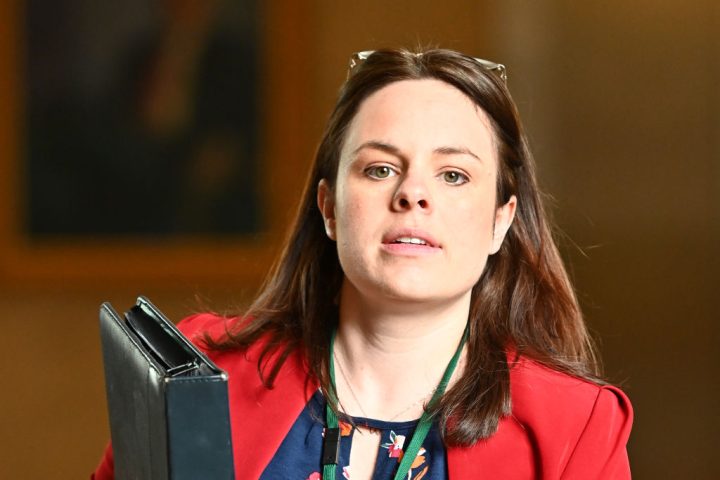
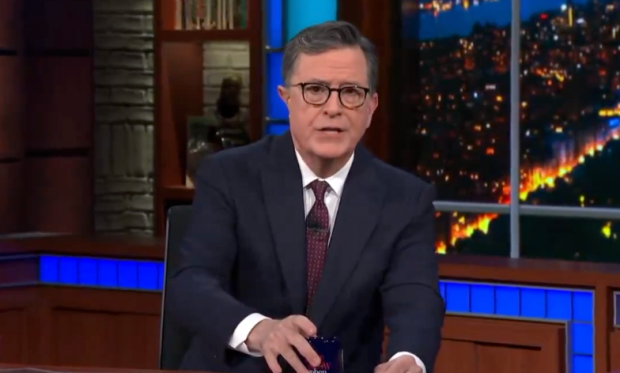
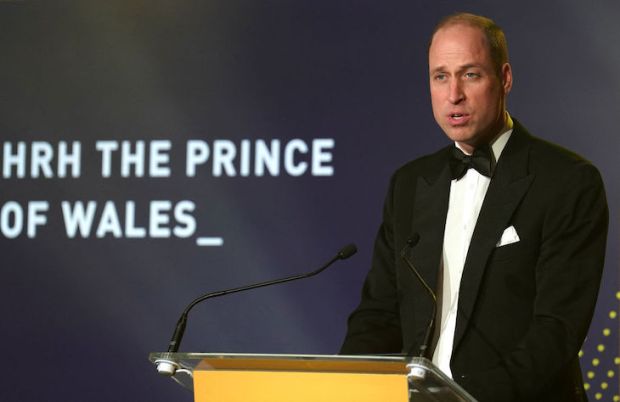
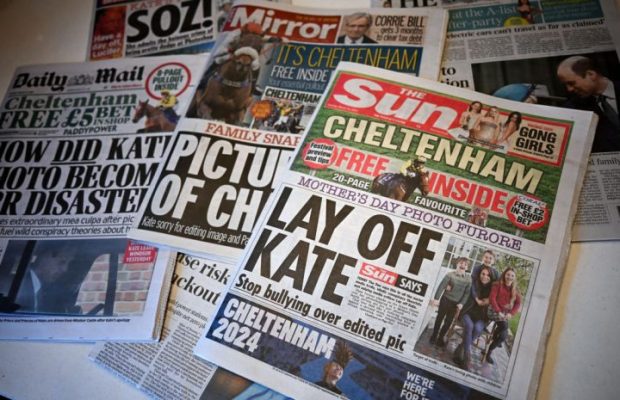
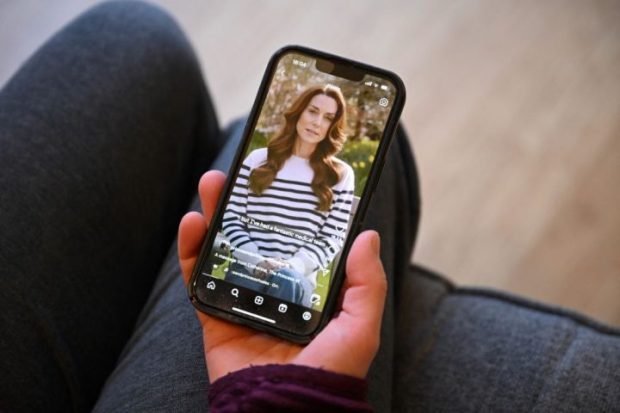
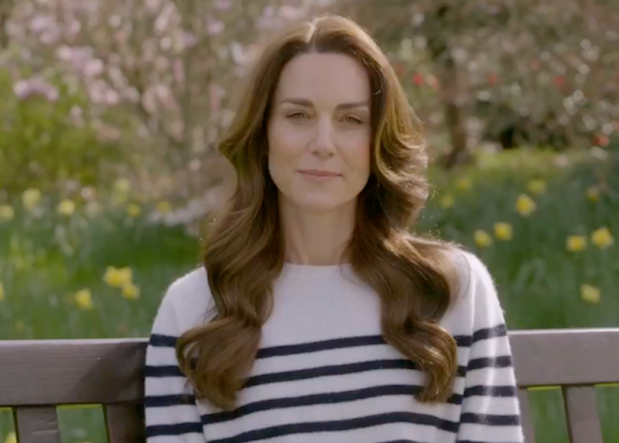
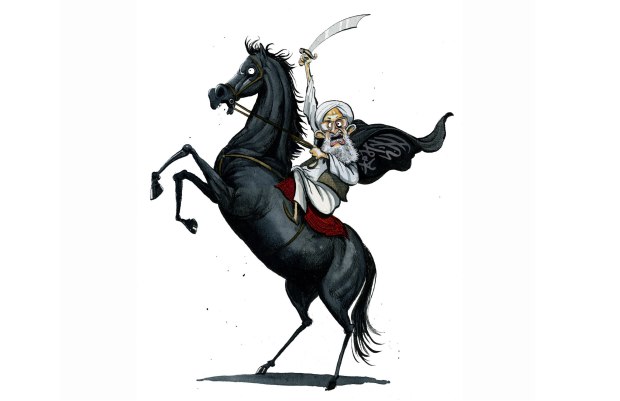












Comments
Don't miss out
Join the conversation with other Spectator Australia readers. Subscribe to leave a comment.
SUBSCRIBEAlready a subscriber? Log in